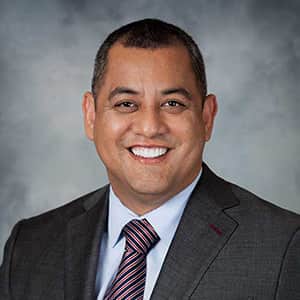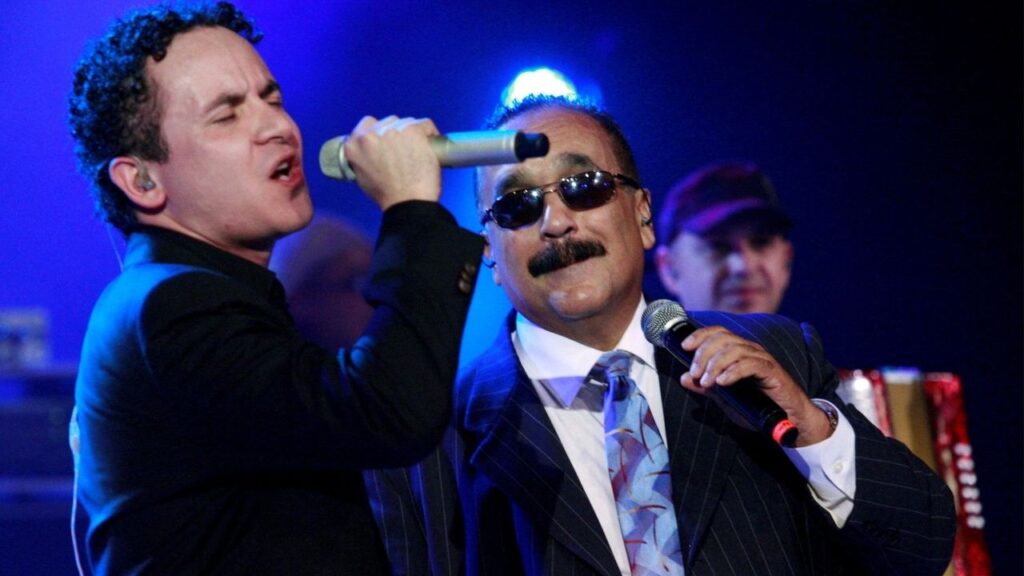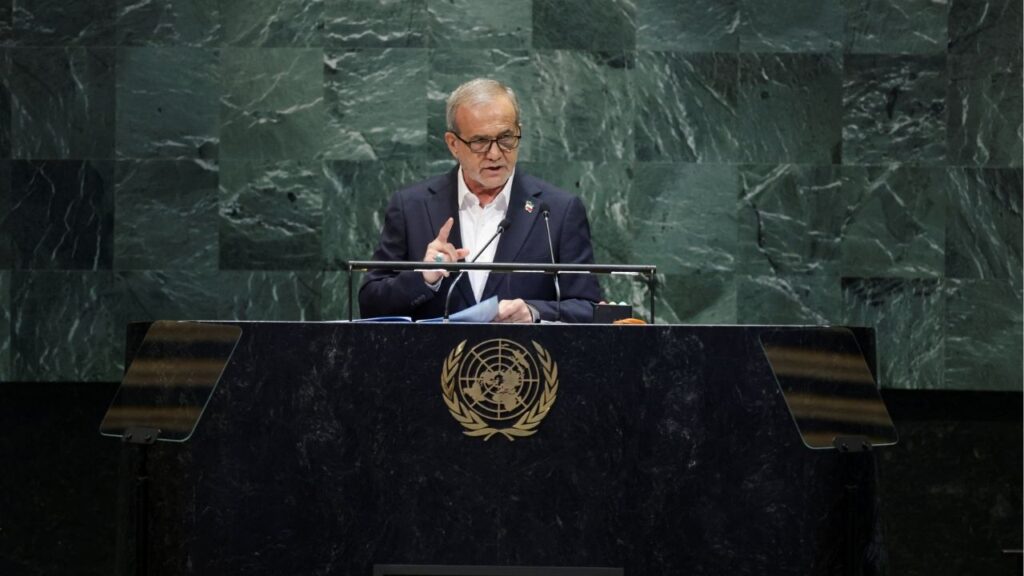Share
The Grizzlies will continue as a minor league club for a Major League Baseball team, but it took a proverbial walk-off homer in extra innings to make it happen.
MLB announced its invitations for licensees (the new term for Player Developments Contracts) Wednesday. Fresno will be the Low Single-A team for the Colorado Rockies. The team will move from the Triple-A Pacific Coast League to the California League.
The team will have to formally accept.
Instead of a two or four-year PDC, this will be a 10-year license.
Mayor Lee Brand and City Council President Miguel Arias discussed the new deal at a news conference Wednesday afternoon.
“This is, in my view, the best possible agreement that we can reach, given the current conditions of Major League Baseball, professional sports, and the fact that we’re in the middle of a pandemic where most of these kind of activities are shut down and revenue is a significant loss,” Arias said.
Brand praised the current Grizzlies ownership group, and is optimistic Triple-A baseball will return one day.
“We will keep baseball in Fresno. It may be Single-A, but it will be good baseball. It will be good entertainment. Maybe one day we’ll go back to Triple-A,” Brand said.
Although the Colorado Rockies have not formally made an announcement, an MLB official confirmed the agreement to GV Wire℠.
Invitation Day
Initially, MLB sent 119 of 120 invitations to teams. The one holdout, according to J.J. Cooper of Baseball America was Fresno.
On Nov. 25, MLB executive Daniel Halem sent an ultimatum to the city — accept a team at the Low Single-A level and drop any potential legal challenges —or there will be no affiliated team.
The original deadline was Nov. 30, but that was extended.
Major League teams rolled out their announcements throughout the morning. The announcement about the Grizzlies affiliation was one of the last to arrive.
MLB is formally taking over the minor league system following the expiration of the Professional Baseball Agreement — the formal document that bound the minors to MLB.
Stadium Lease Changing
“We were left with selecting a bad choice and a worse choice.” — Fresno City Council President Miguel Arias
The Fresno City Council will vote on major changes to the lease at its meeting on Thursday at 1:30 p.m. It will be the fifth discussion about the Grizzlies in the last month.
The city released information about what a new lease may look like:
— Rent will be reduced from $500,000 to $100,000;
— The city will pay utilities costs up to $300,000;
— The city and team’s contribution to the capital reserve fund is reduced from $300,000 per year to $50,000;
— The team will pay $1 per ticket after 150,000 in attendance. In 2019, the Grizzlies drew 380,090 fans;
— The city receives 15% of stadium naming rights above $650,000, with that take growing 2% annually. Currently, the Grizzlies keep all that revenue for naming rights with Chukchansi Gold Resort and Casino;
— A profit sharing agreement between 12.5% and 25% depending the amount of revenue. The team and city had other versions of profit sharing in prior leases. Brand said they were never realized because the team lost money. He felt the team could have made money in 2020 if the season wasn’t canceled because of COVID-19;
— An agreement that MLB “would make their best effort” to bring Triple-A or Double-A baseball back to Fresno. Brand said if a current Triple-A city becomes a Major League city — he cited Las Vegas, but reports are Nashville as a possible expansion team — that would leave the door open for Triple-A ball to return;
— The $500,000 in rent not paid in 2020 because of COVID-19 can be paid back in yearly installments through 2036, but could be waived after 2025;
— Any compensation from MLB for moving from Triple-A to Single-A shall be contributed to the capital reserve fund. According to Brand, none has been offered thus far;
— The city will drop any potential litigation (though the city never discussed such legal action, officials said);
The city still pays $3.1 million a year to pay down the debt on the bond used to finance the stadium. Brand said receiving some rent from the Grizzlies is better than receiving none if Fresno lost the baseball team.
“It’s an amenity we have and we don’t want to have this amenity sitting vacant,” Brand said.
At the news conference, Arias heavily criticized the decision 20 years ago to build the stadium in the first place. He said he will reluctantly vote in favor of the lease change.
“We were left with selecting a bad choice and a worse choice. And in this case, we are trying to do the best we can with ensuring that the facility not only remains open, but it’s operational,” Arias said.
Comparing Leases Around the Cal League
With the move, Fresno now has the largest capacity and second newest stadium in the league. At $500,000 in rent per year, it would also have had the highest lease payment.
GV Wire℠ examined the leases of the current Cal League clubs. All eight stadiums are publicly owned.
Two teams pay a nominal $1 a year — Visalia and Inland Empire (San Bernardino); however Inland Empire pays an additional $1 per attendee after 225,000, a mark not achieved in at least 15 years.
On paper, Lake Elsinore pays $548,923 a year. But, the city waived that amount; and subsidies paid by the city to the team for management and maintenance is more than $700,000 a year.
The other teams pay near $1,000 a game for their base leases. Some teams have to share revenue for stadium naming (only three current teams have sold naming rights) with the city. The revenue from the Grizzlies’ deal with Chukchansi is kept by the team, until the city council approves the amended lease.
The Grizzlies averaged 5,759 fans per game in 2019 — the 2020 minor league season was canceled by COVID-19. While that would rank in the middle of the 16-team Pacific Coast League, it would be more than double that of the Cal League’s attendance champ, Inland Empire with 2,627 fans per game in 2019.
The Grizzlies’ Future
It is a step down for the Grizzlies. Since its inception in 1998, it served as a Triple-A affiliate — the highest level in the minors — for three MLB teams.
It is unknown how such a move may affect marketing and attendance for the Grizzlies. After the San Francisco Giants ended a 17-year relationship after the 2014 season, the Grizzlies moved away from positioning the team as an affiliate of their Big League parent, and more toward promising fans the enjoyment of watching future stars play.
Attendance took a dip after the Giants left, despite a 2015 Triple-A championship, hosting the Houston Astros’ top prospects for four years, and two World Series wins from its parent clubs (Astros, 2017; Washington Nationals, 2019).
For the city of Fresno, it is a return to the Cal League, where it fielded teams from 1941-1988 (sans 1943-1945). From 1958-1987, the team was the Single-A affiliate for the Giants. The team played at what is now known (for the moment) as Euless Park on the Fresno City College campus. The school is considering changing the name of the stadium because its namesake, John Euless, was tied to the KKK in the 1920s.
The Grizzlies are replacing the Lancaster JetHawks in the eight-team Cal League. The JetHawks future is in doubt after MLB declined to extend them a license.

Minor League Future
The drastic moves in the organization of the minors started last year in anticipation of the expiration of the PBA at the end of this season.
Early reports were that 40 affiliated teams would be cut and others would shift classification and/or leagues.
Some teams that lost their affiliation-status have been repurposed. The eight-team Pioneer League — with teams in Montana, Idaho, Utah and Colorado — will now operate as a professional independent league with MLB financial and technical assistance.
Ray and Michael Baker, the father-son duo who are part owners of the Grizzlies, also have a stake in a Pioneer League team, the Grand Junction Rockies.
The Appalachian League will move from pro ball to a summer amateur league. And, other teams left out of the affiliation chase will form the MLB Draft League, another amateur-status outpost.
Other teams who did not receive invites say they are evaluating their options to remain in professional baseball.
RELATED TOPICS:
Categories

DHS Agent Killed US Citizen in March 2025, Records Show

Johannes Klaebo. Inevitable.


















